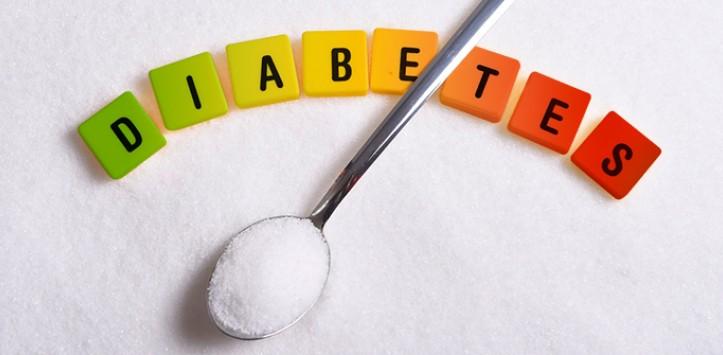3.9 million adults in Malaysia were reported to suffer from diabetes in 2020, with the rate of prevalence increasing from 13.4% in 2015 to 18.3% in 2019[1].

Diabetes occurs when levels of blood glucose or blood sugar in the body is too high. Insulin, a hormone produced by the pancreas, helps glucose in blood to get into the cells of the body to be used as fuel. When the body is unable to make enough or does not produce insulin at all, the glucose remains in the blood and does not reach the cells[2]. Therefore, insulin has an important role in managing the body’s blood sugar and preventing the complications of diabetes, such as blindness, heart diseases, kidney damage, and nerve damage[3]. Having diabetes also doubles your chance of a heart attack[4].
Understanding the role of insulin is vital in managing this condition. If you have either type of diabetes, Type 1 or Type 2, you need to learn about which information surrounding insulin are myths and which ones are facts. Note that knowing much about insulin therapy will help in managing your diabetes effectively.
Insulin Myths and Facts
Myth: Insulin is the last resort.
Fact: Insulin is usually seen as the last resort against diabetes. You may feel that insulin will only become necessary when your situation has significantly degraded. However, insulin taken as a medication is very similar to the insulin naturally produced by the body, making it one of the best ways to control sugar levels in your blood[5].
Myth: If you have Type 2 diabetes and your doctor requires you to use insulin, you have failed in managing your condition.
Fact: Type 2 diabetes is often a progressive disease. Over time, the pancreas will eventually be unable to produce enough insulin for the needs of the body and the oral medications for diabetes alone can no longer maintain blood sugar at an optimum level. Using insulin at this stage to keep your blood sugar at a healthy level is in fact a welcome sight[6].
Myth: Insulin injections hurt.
Fact: Most people fear injections. But you will be surprised to know how little insulin injections hurt. There is no sting, and the needles are very thin and small. Many people who have tried it find it even less painful than the finger stick used to monitor blood sugar level[7].
Myth: Insulin causes you to gain weight.
Fact: It is in fact true that patients may gain weight when they start using insulin. This is because your body is able to use food more efficiently with insulin[8]. Diet and exercise also have a significant impact on maintaining your weight while taking insulin.
The Goals of Insulin Therapy
Insulin myths and worries should not prevent you from pursuing the most optimal treatment for diabetes. To know if you are at an optimum glycaemic level, you can be tested to gauge the level of HbA1c in your blood, a marker of average glycaemia level over the previous three-month period[9].
Insulin therapy is a proven and arguably the most effective way to lower blood sugar levels. When you have Type 1 diabetes, insulin therapy replaces the insulin that your body does not produce. Insulin is recommended for patients with uncontrolled diabetes, with some health care professionals suggesting insulin therapy earlier during treatment.
This means that insulin therapy will depend on your needs and lifestyle as well. Do not hesitate to consult your doctor on all your concerns about insulin, its effects, and what is best for you.
Remember that the goal is to address uncontrolled blood sugar, and to prevent the long term complications of diabetes. Following this, insulin therapy can help you be more active and healthy.
There are many types of insulin products in the market to choose from. The common types of insulin are long-acting insulin and rapid- or short-acting insulin[10]. It would be best if patients discuss with their healthcare professionals on the options that would suit them best. These options (as prescribed by your doctor) can range from insulin for the entire day (24 hours) or insulin for meal times or a 2-in-1 combination of both insulins.
Dr. Danish Ng Ooi Yee I Consultant Endocrinologist & Internal Medicine
Prince Court Medical Centre
39, Jalan Kia Peng
50450 Kuala Lumpur
Contact No: 60321600000
[embed-health-tool-bmi]
















